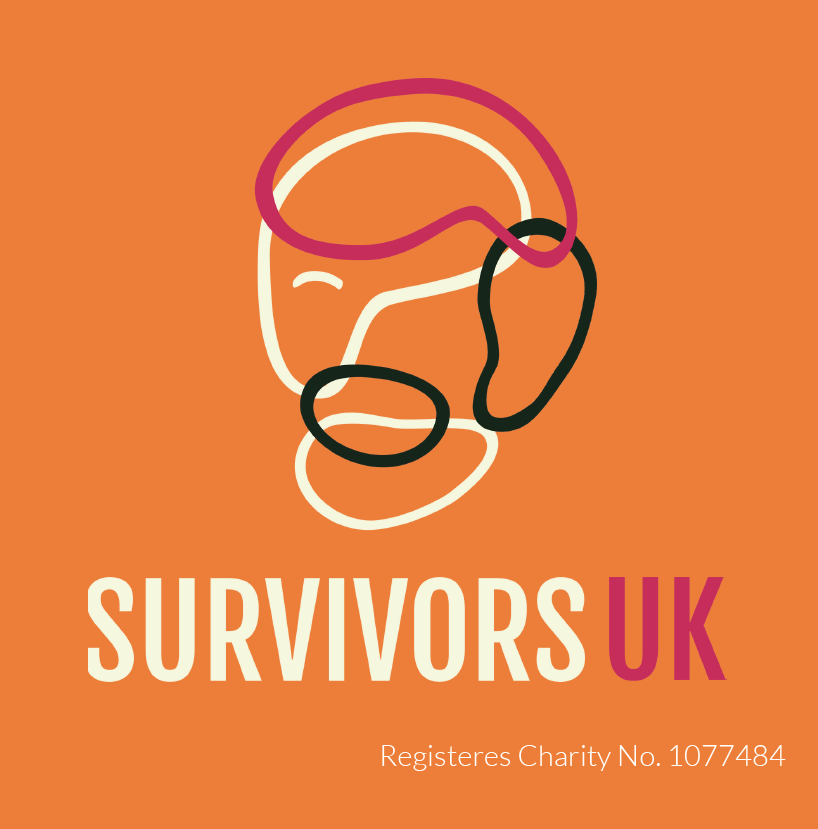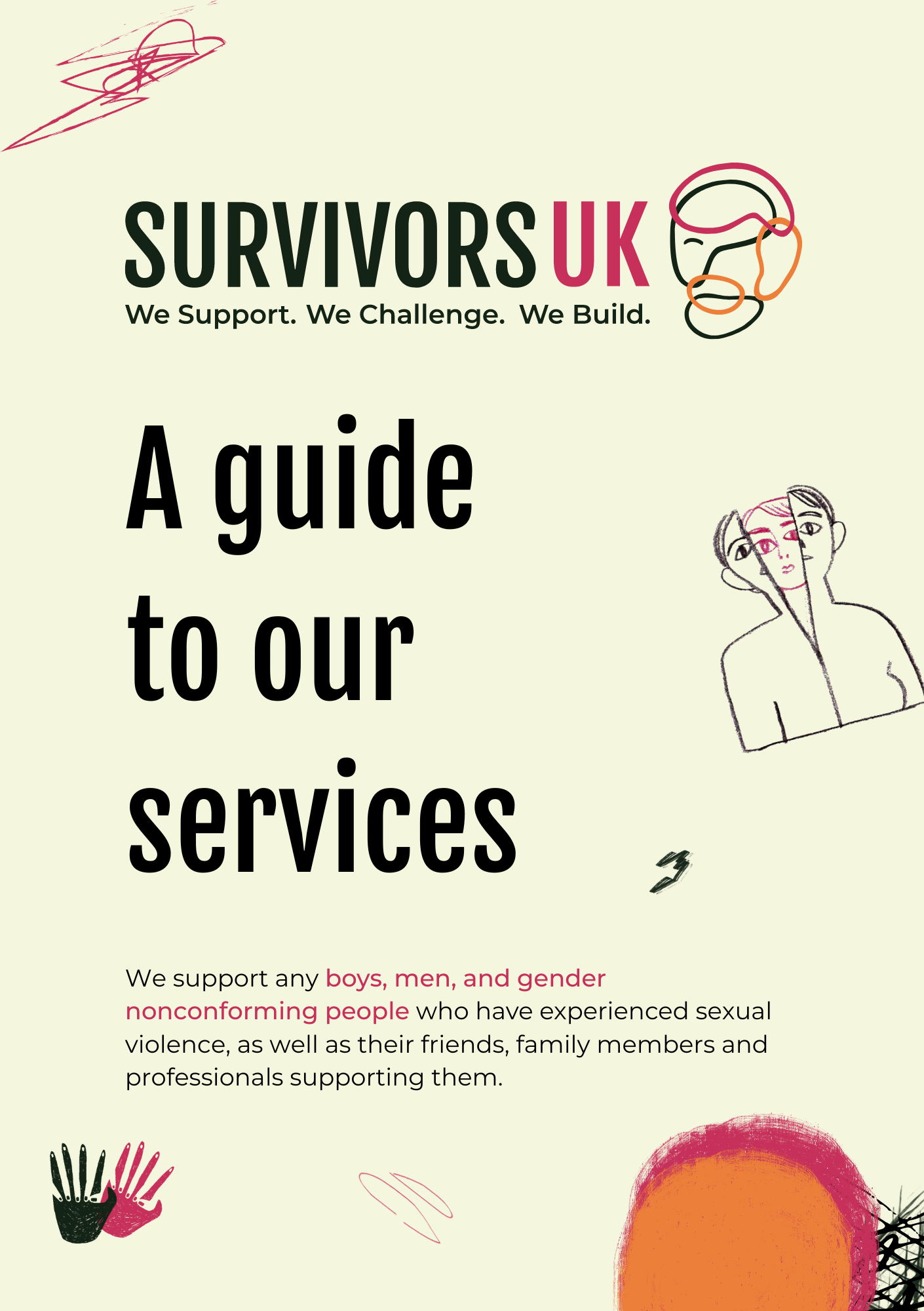
Happy New Year!

But actually, what are we really saying when we shout that out, to ourselves and each other either side of this arbitrary dividing line between one moment in time and another; a dividing line which we have decided to mark as somehow particularly significant? What are we saying, wishing about time, ourselves, and ourselves in relation to time?
New Year resolutions are something with which people have engaged throughout history and across cultures: Babylonians made promises to their gods at the start of each year that they would return borrowed objects and pay their debts – the latter might be a tricky one for many of us today! The Romans began each year by making promises to the god Janus and, in Medieval times, the knights took the ‘peacock vow’ to recommit to their chivalric code. During Rosh Hashaneh and the Day of Atonement, Jewish people are encouraged to reflect on wrongdoing and both seek and offer forgiveness. Regardless of creed, there seems to be a human need for a pulse point in time for reflection, recommitment and self-improvement.
New Year resolutions are on the rise and they seem to work! Statistics from the US show that 45% of those who made common resolutions (e.g. weight loss, exercise programs, quitting smoking) were over ten times as likely to succeed, compared to only 4% who chose not to make resolutions. But then we also know, often our best intentions don’t bear fruit; a 2007 study showed that 88% of those who make resolutions fail.
So, are you going to be making a New Year resolution this year? What might it be? And how can you make sure you stick to it? Or maybe you have decided that resolving to do something new or different just isn’t right for you this year and that, of course, is OK too. Psychologists have found that we’re more likely to succeed if we make only one resolution and break it into smaller, more manageable goals. What change, new direction, new impetus would be right for you at this point and what would help you achieve it?
Have you ever made a commitment and then, as soon as old habits resurrect themselves for a moment, you brand yourself a failure and give up? ‘Failure’ to stick 100% to any resolution is to be expected and we can learn from temporary setbacks.
For many men who have survived sexual abuse and assault, a positive new direction might be to reach out for more support, to join one of our groups, to seek 1:1 counselling or to contact our helpline or ISVA service. For others a positive step might be to tell someone else what has happened. For others it might feel most important at this time of year to make a positive change, either in our internal or external world, to work on how to best care for ourselves emotionally, physically, mentally and (in broad-brush terms) spiritually.
Cyril Cusack said: ‘If you asked me for my New Year Resolution, it would be to find out who I am.’ That sounds like a worthy quest!
Katherine, Counsellor and Groupwork Coordinator, SurvivorsUK






